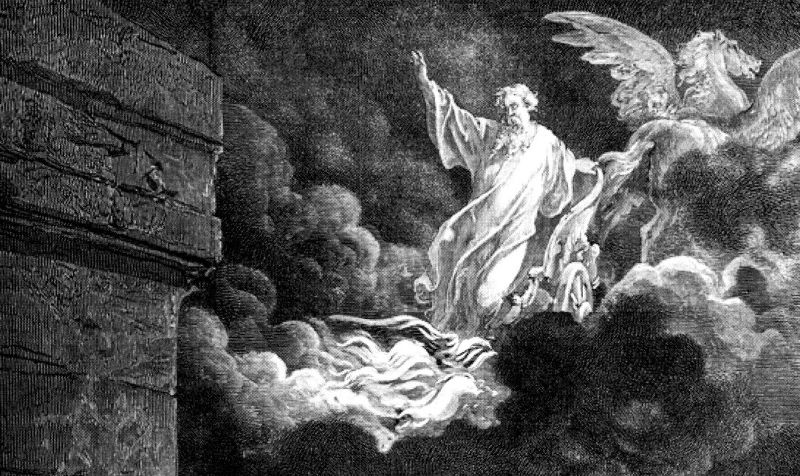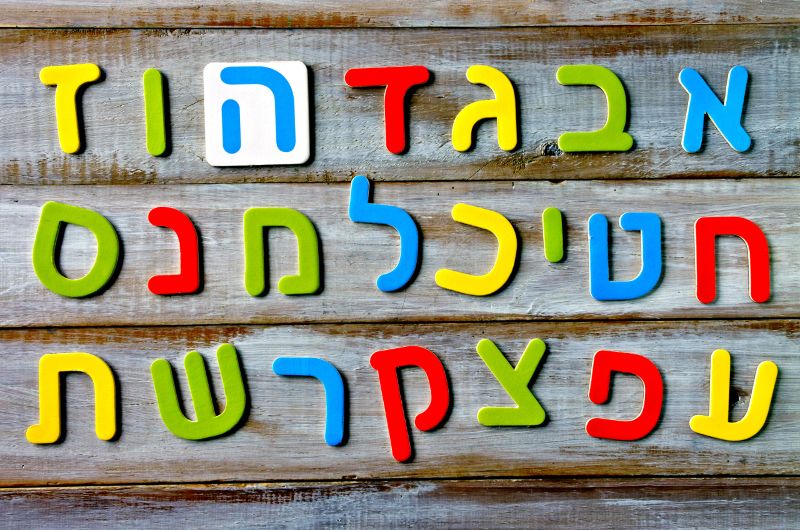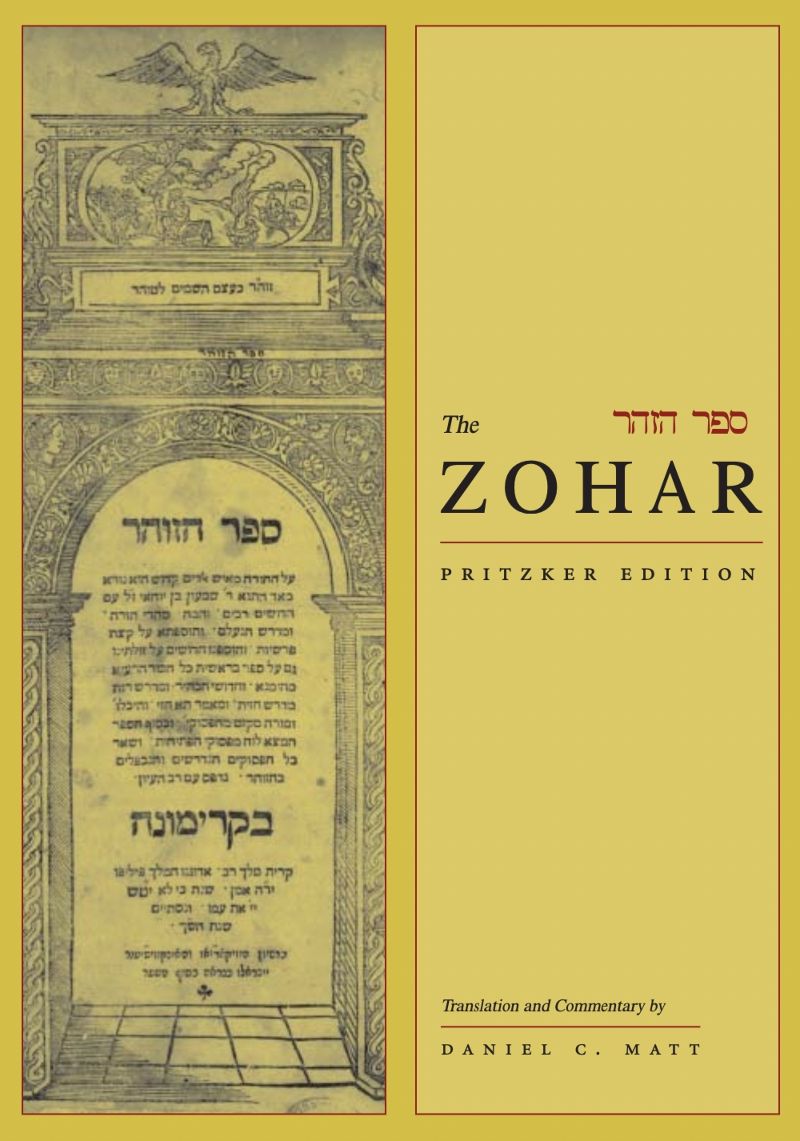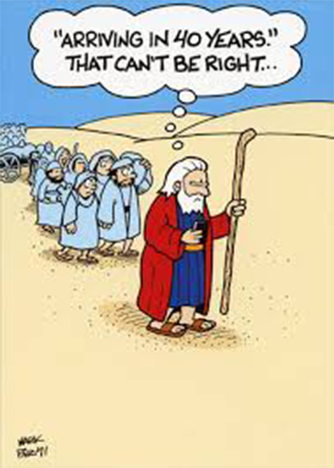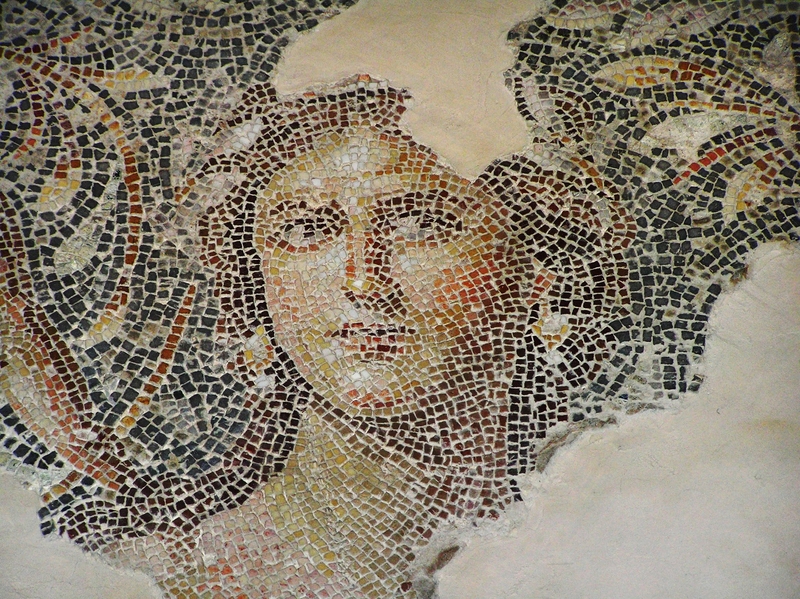- Pacific Time
Daniel C. Matt: Becoming Elijah: Prophet of Transformation (In Person Only)
FREE program presented by our partners, the Jewish Community Library
Read moreInstructor
- Pacific Time
Jehon Grist<br>Reading the Bible—The Four-Horned Altar: Searching for Its Meaning and Origin (Virtual on Zoom)
Second only to the Ark of the Covenant, the four-horned altar ranks as the most important ritual tool in ancient Israelite practice. While the God of Israel communicated his presence and law through the Ark and the tablets contained within it, the Israelites communicated their ritual commitment to God and his law through sacrifices on the altar.
Read moreInstructor
- Pacific Time
Jehon Grist—Beginning Prayerbook/Biblical Hebrew 1B (Virtual on Zoom)
This is the second half of Hebrew 1, which covers the following:
Read moreInstructor
- Pacific Time
Jehon Grist—Intermediate Prayerbook/Biblical Hebrew 4 (Virtual on Zoom)
- Introduces the command and infinitive verb forms
- Begins to cover the remaining Hebrew verb patterns
- Increased focus on reading more complex Prayerbook and Biblical texts
- Continues to explore aspects of the Hebrew Bible and its world
Covering the last chapters of Prayerbook Hebrew the Easy Way, this class continues the exploration of Hebrew grammar and builds a stronger vocabulary using a text provided by instructor.
Read moreInstructor
- Pacific Time Series
Daniel Matt: Exploring the Zohar (Virtual on Zoom)
A partnership program of New Lehrhaus
In this course we read and study the Zohar, the masterpiece of Kabbalah. Currently, we are exploring the Zohar on the Book of Genesis. Students can enroll in the current series, held live on Zoom.
Read moreInstructor
- Pacific Time
Jehon Grist—Beginning Prayerbook/Biblical Hebrew 2 (Virtual on Zoom)
This course starts from the beginning and covers the following:
Read moreInstructor
- Pacific Time
Jehon Grist—Intermediate/Advanced Biblical Hebrew 5 (Virtual on Zoom)
- Completes instructor text on the verb patterns and irregular verbs
- Covers three or more passages from The First Hebrew Reader
- Introduces the art and science of Biblical text translation and analysis
- Continues to explore aspects of the Hebrew Bible and its world
Required text: Jessica W. Goldstein, The First Hebrew Reader (J. Goldstein, EKS Publishing, 2000). Separate Instructor text and other materials provided free of charge
Read moreInstructor
- Pacific Time
Jehon Grist<br>Reading the Bible—Isaiah 40-41: Defining and Defending Divine Power
In our fall semester, our class explored the tragic last days of the Kingdom of Judah in 586 BCE and its aftermath in texts from II Kings and Lamentations. To close the academic year, we’ll celebrate the restoration of the Jewish people promised in Isaiah 40-41. This text most likely dates to the 540’s BCE when the hated Babylonian Empire was about to fall to the Persians and Cyrus the Great. Exiled Judeans embraced the hope that soon, God would redeem them and return them home. In doing so, the writer jubilantly expresses the power of God in brilliant verses that confirm that the Jewish faith of the future would acknowledge only one God.
Read moreInstructor
- Pacific Time
Profs. Robert Alter and Ron Hendel: What REALLY Happened on Passover? (Virtual on Zoom)
It’s not what you think, it’s not what the Hagaddah tells us, it’s not what you remember from Sunday School or "The Ten Commandments." Profs. Ron Hendel and Robert Alter will provide an analysis of the Biblical text, both historical and literary, which will turn your Passover Seder upside down.
Read more- Pacific Time
Prof. Erich Gruen: Smiling through Tears? Jewish Humor in Antiquity (Zoom Only)
This program will consider a number of texts composed by Jews dwelling under imperial rule in antiquity (the Persian, Greek, and Roman empires) in order to understand how the substantial humor in those texts reflects the experience and attitudes of a subordinate people. The texts to be discussed are the biblical books of Esther and Jonah, the stories of Judith and Susanna, and the Testament of Abraham. (PDF files of the latter three will be sent to participants).
Read more